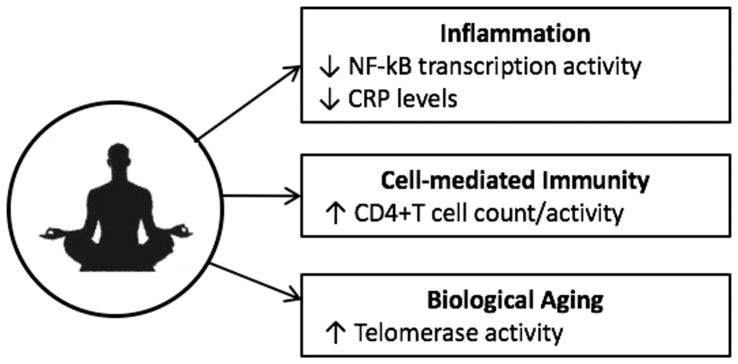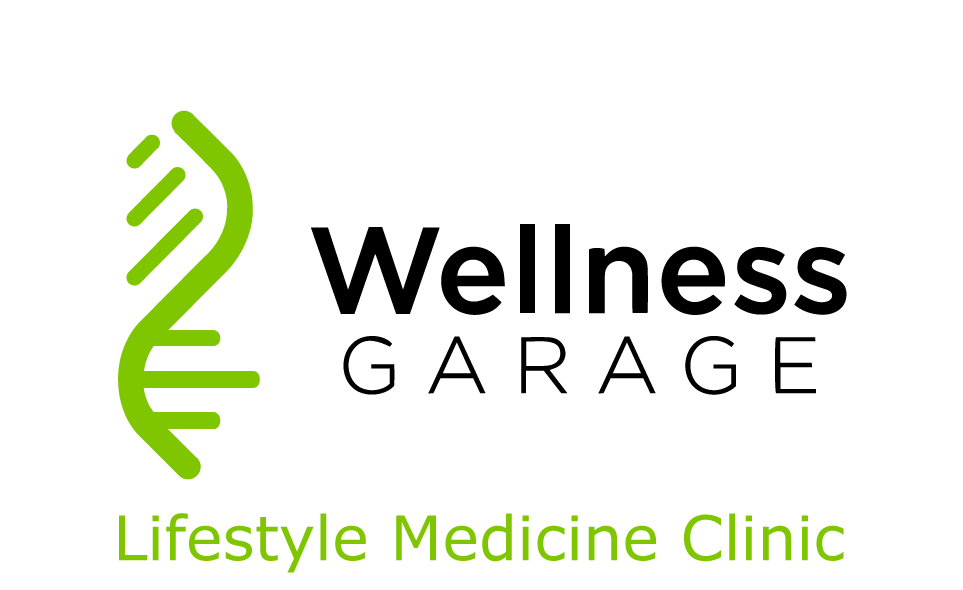|
It is easy for most people to accept and understand the linkages between what you eat, your activity and your sleep on your overall health. Our next core behavior can be harder for people to understand. I have labeled it Mindfulness, others would choose to call it flow, many health practitioners would describe it as stress management These labels can attract or repel, as they may have other associations that we do or don't identify with. From my perspective, the label is less important than the realization that the interaction between the mind and the body is foundational for health. We are only beginning to understand the scope of this interaction and the realization that it is very clearly bi-directional - the mind affects the function, performance and health of the body AND the body affects the function, performance and health of the mind. Having a personal wellness practice that does not incorporate specific mind behaviors really makes as much sense as doing all the training for a marathon, but getting no sleep; or focusing exclusively on what you eat but never exercising. Not having a mindfulness practice of some sort is similarly neglectful, yet for many of us we ignore this part of our health. For many of us, it is cultural to ignore mindfulness - we live in a culture that since Descartes and the Enlightenment has placed a premium on the rational mind - "I think therefore I am". As Kotler and Wheal make the point of in their excellent book "Stealing Fire", quoting Abraham Maslow: "When all you've got is a hammer, every problem looks like a nail". We are facing the same situation with our rational minds at the expense of our health. Developing practices that allow us to tap into the full capacity of our mind may be the way out of the mental health crisis that we see today. At Wellness Garage, we have laid out some simple rules for each core behavior that will improve one's health without risk. For mindfulness we start very simply.
Applying these simple rules to your life, while taking some effort, will improve your health and well-being, and I guarantee that they are without negative side-effects. The first two, being grateful and kind, are so simple they require no training, perhaps only some accountability tracking.
Meditation can be more intimidating and challenging. Increasingly there are apps such as Headspace, and technologies like Muse that can help novices quickly master the basics of meditation, as well there are numerous classes and courses available locally. At Wellness Garage, we have a dedicated meditation space that is available for drop-in meditation and soon we will be offering courses for beginners. |
AuthorDr. Brendan Byrne Categories
All
|


 RSS Feed
RSS Feed
